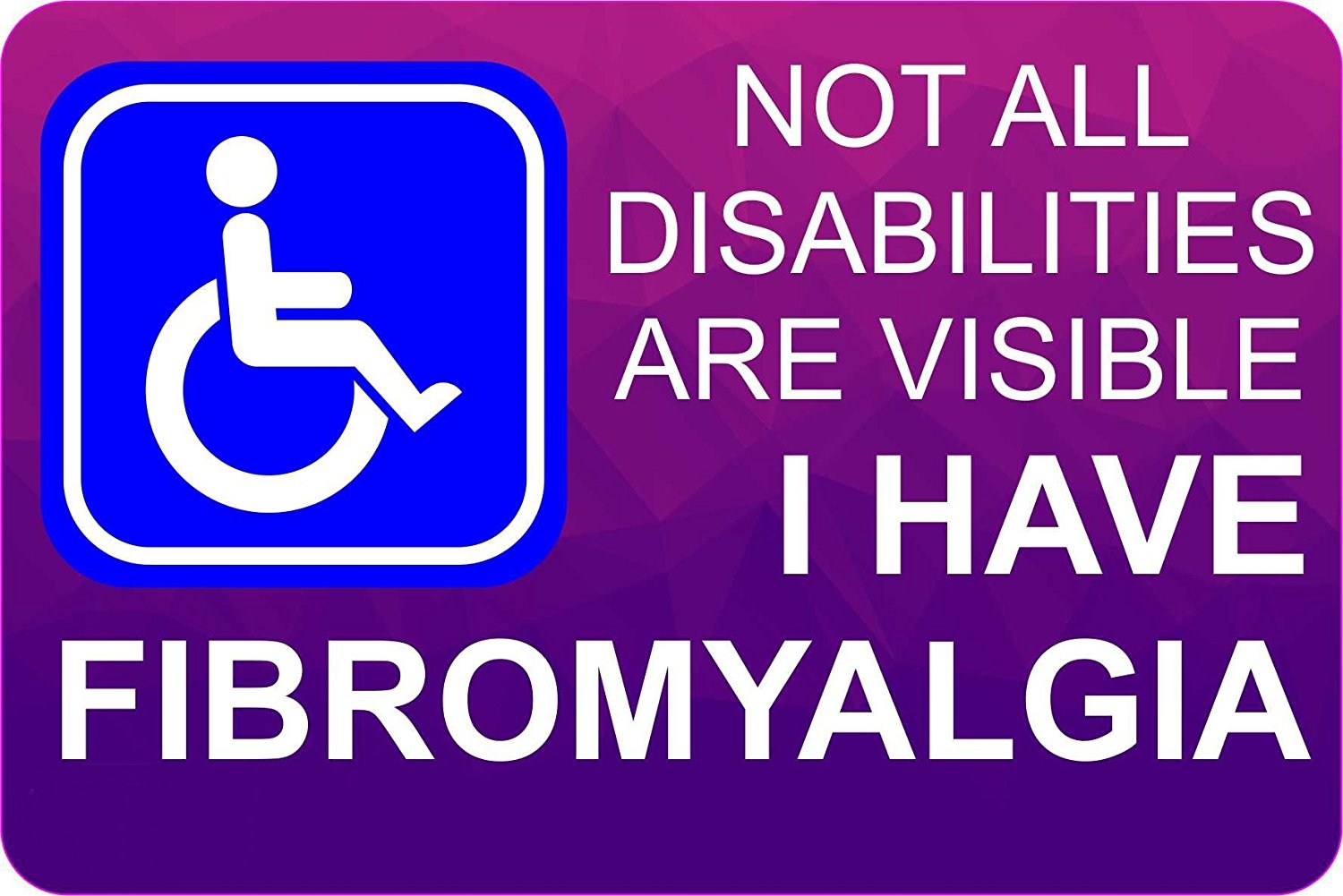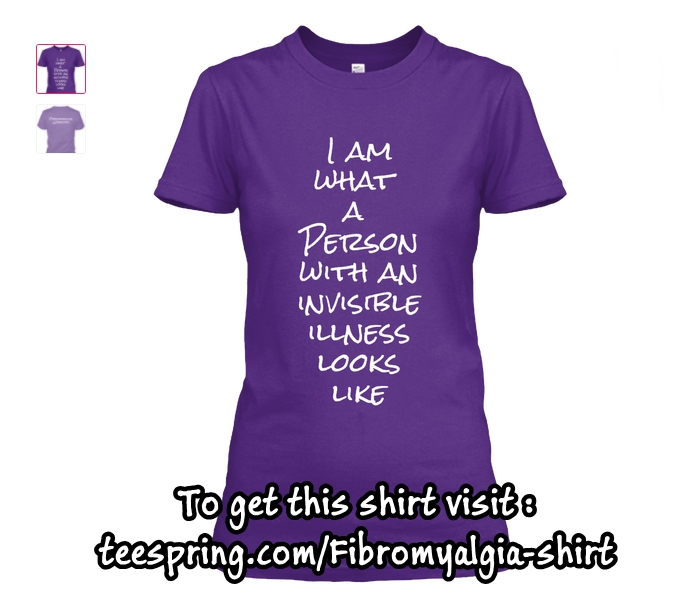Personality, defined largely as temperament and character, also varies considerably among any group of people, although certain traits tend to stand out within groups. Temperament refers to spontaneous emotional expressions and responses that are thought to be somewhat heritable, while character is also heritable but responsive to social adaptation and maturation.
Risks of developing mental illness
Researchers performed a population analysis using Skane Healthcare Register, which holds all the healthcare consultations in primary care, outpatient specialized care and inpatient care that occurred in the Skane Region of Sweden from 2007-2016.
“The region holds 13% of the national population and corresponds demographically to the whole of Sweden,” they wrote. The data was used to understand if patients with fibromyalgia or other types of pain (here limited to dorsalgia, pain stemming from the spinal column, or abdominal pain) have an increased risk of developing mental illness, specifically depression or anxiety, compared to the rest of the population.
Researchers also tried to answer the opposite question, i.e., whether patients with mental illness have an increased risk to develop pain or fibromyalgia. The analysis showed that patients with pain undergo higher risks of developing mental illness compared to those without pain, and the opposite also is true.
Patients with mental illness also have a higher risk of developing future pain compared to those without mental illness. The increased risk was detected in patients with fibromyalgia or abdominal/back pain.
Self-directedness
Self-directedness is defined as the ability to adapt to different situations in pursuit of wanted goals or values; low scores here imply a lack of such adaptability. Self-transcendence is associated with an embrace of such spiritual ideas as considering oneself a vital part of the universe, leading to a spiritual union with the universe.
High self-transcendence scores are associated with psychotic symptoms including borderline, narcissistic, schizotypal and paranoid personalities. By scoring higher here than healthy adults serving as controls, the fibromyalgia patients showed a greater tendency toward these negative emotions, the study reported.
Rumination
Rumination, by definition, is a particular way of thinking, generally characterized by repetitive, intrusive and uncontrollable thoughts; often negative. The study suggests that these thoughts may influence a multitude of psychological factors such as coping and optimism, which in turn can then amplify the sense of perceived stress in fibromyalgia.
Click Here to Get the fibromyalgia Disability Sticker for your Car
Click Here to Visit the Store
Higher levels of rumination would be associated with psychological variables that are linked to stress it,” says Katrina Malin, one of the authors that wrote the study. “These variables include mood, control, optimism, sleep, and coping. We aimed to examine the role of rumination thinking style and to explore whether this thinking style contributes to stress levels in FM.”
Reduced habituation
Prior studies have shown that patients with high harm avoidance scores have “anticipated pessimistic concerns with future events, fear of the unknown and shyness with strangers, which leads to reduced habituation in situations of potential danger, whereby they seek to stay clear of challenges or involvement in new conditions.”
Patients with fibromyalgia experience psychological distress more intensely, and they have more variable negative emotions related to high HA [harm avoidance] scores and low SD [self-directedness] scores. The risk of developing mental illness after pain was higher than the reverse (developing pain after mental illness).
Patients with fibromyalgia, however, showed the opposite trend, as the risk of developing fibromyalgia after mental illness was found to be higher.
Association between stress and rumination
“The association between stress and rumination was the strongest of all the variables tested,” the authors wrote. “High rumination was associated with high stress. We could not define the cause and effect with this cross-sectional methodology; however, we believe that it was likely that rumination generated emotional distress rather than the other way around.
We have previously demonstrated that in this same cohort, stress predicted the levels of the characteristic phenotypic clinical features of FM, namely pain, poor sleep, cognition, and fatigue. These results are congruent with the effect of stress on other psychological and functional variables as reported in previous studies,” Malin went on to say.
Temperament and Character Inventory
Researchers recruited 101 women with fibromyalgia, and grouped them according to whether they did or did not have paresthesia. A healthy control group was also recruited. Participants were evaluated using a test called Temperament and Character Inventory.
Here, temperament is divided into four categories: harm avoidance, novelty seeking, persistence, and reward dependence. Character is divided into three: cooperativeness, self-transcendence, and self-directedness. Researchers discovered that both fibromyalgia groups, regardless of paresthesia, had significantly higher scores in harm avoidance (excessive worrying, pessimism) and self-transcendence than those in the control group, and lower scores in self-directedness (self-determination; ability to adapt behavior to achieve wanted goals) compared to controls. But patients with paresthesia scored significantly higher in both harm avoidance and self-directed than did those without paresthesia.
Negative thoughts
Our brains are truly the most remarkable part of our bodies. Our brains control the beating of our hearts, allows us to continue breathing even when we are asleep, and interprets the world around us so we can navigate it safely. And while our brain does have the ability for automatic action, one of its most impressive aspects is its ability for free thought. However, a new study suggests that if your thoughts are negative, it could have a direct impact on your fibromyalgia symptoms.
Click Here to get this T-shirt
Reference:
- via Fibromyalgia News Today
- The study, “Paresthesia frequency in fibromyalgia and its effects on personality traits,” was published in International Journal of Rheumatic Diseases.

